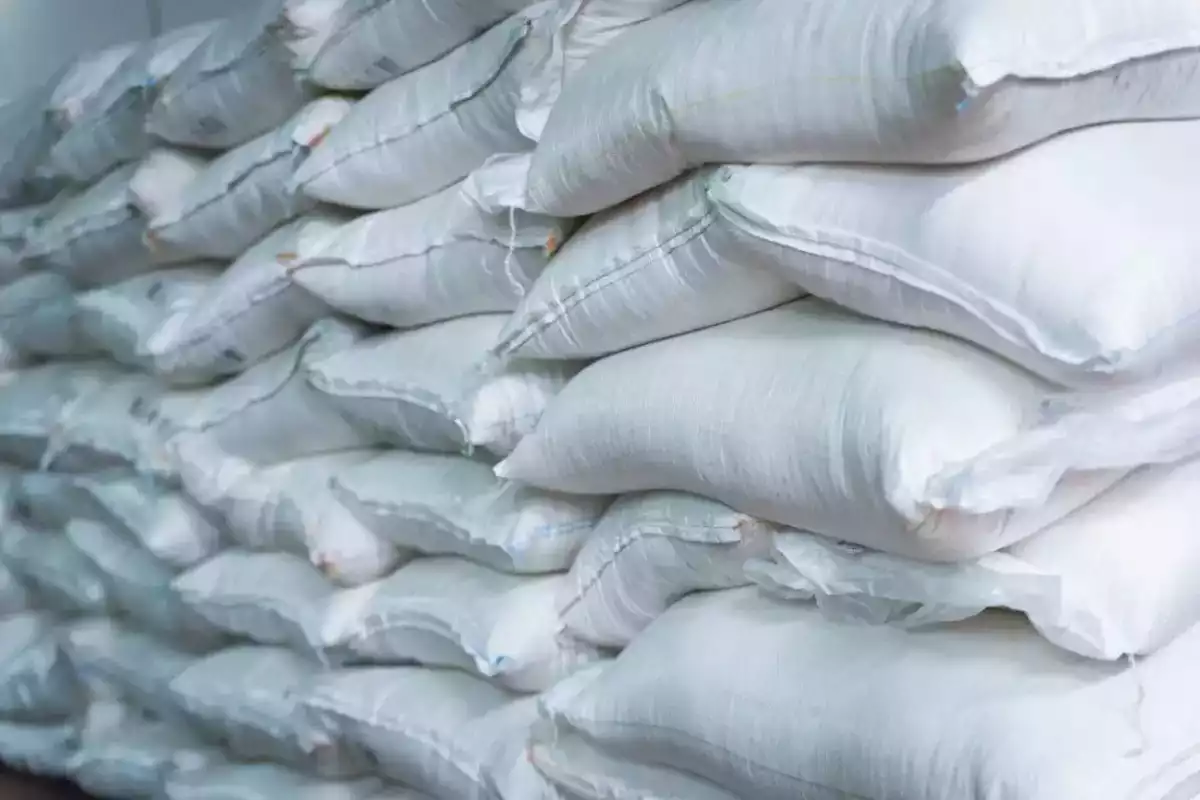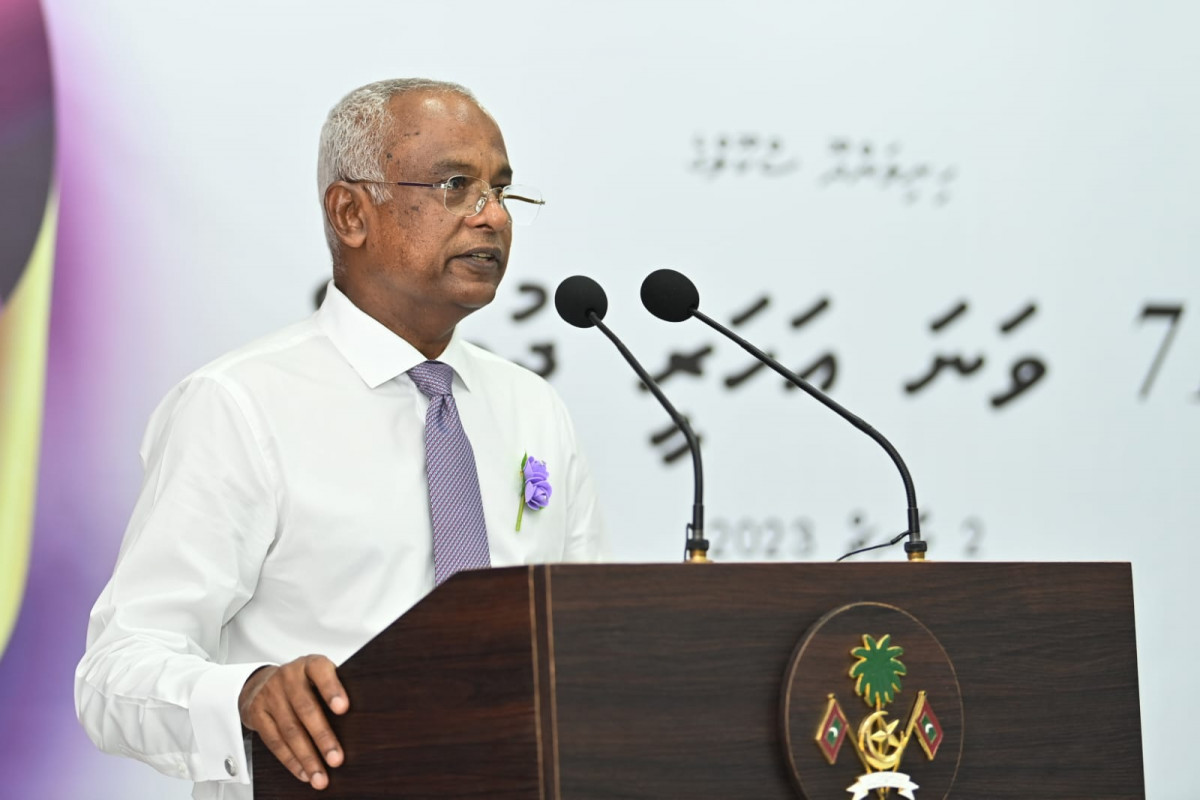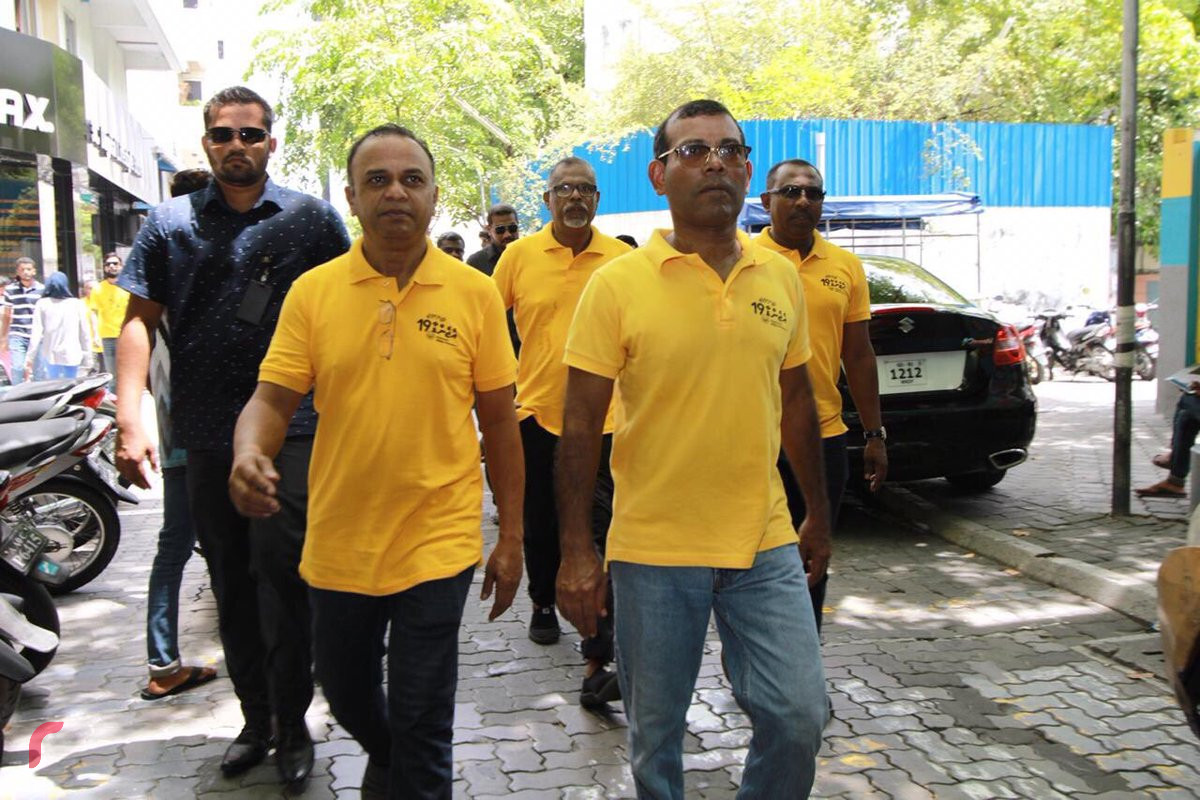Subsidies intended to ease living costs instead cover operational failures of SOEs
Government subsidies meant to lower citizens' living costs are instead covering the operational inefficiencies of state-owned enterprises, with MVR 3.9 billion spent in 2024 despite promises of reform that never materialized. State companies remain financially dependent on government handouts while failing to repay billions in loans, betraying the public trust and wasting taxpayer money.
State subsidies totaling MVR 3.9 billion in 2024 are covering operational inefficiencies of state-owned enterprises rather than solely benefiting citizens


Bags of flour stacked in a godown: A significant portion of the state budget is spent on subsidies to control the prices of basic food items.
The Auditor General has reported that subsidies meant to reduce the public’s cost of living are, instead of being directed to citizens’ benefit, being used in part to cover the operational costs of state-owned enterprises due to their inefficiency.
Although President Dr. Mohamed Muizzu pledged to strengthen and improve the efficiency of these companies, the findings indicate that no reforms have been implemented in their management in 2024.
In the ‘Review of Budget Position Report 2024’, released this November, the Auditor General noted that indirect subsidies are provided to compensate companies for financial losses arising from government policies that cap the prices of goods or services. However, these subsidies are not intended to resolve operational inefficiencies. Despite this, the report highlights that funds disbursed as subsidies are not being used solely for services provided to the public but are also covering expenses associated with operational inefficiencies.
Given the burden these inefficiencies place on state finances, the Ministry of Finance and Planning had planned to remove some of these subsidies in the 2024 and 2025 budgets and replace them with a system of direct financial assistance to eligible parties. The Auditor General noted that these policies have not been implemented.
In 2024, MVR 3.9 billion was disbursed from the state budget to companies as subsidies, with the largest share going to STO. This includes MVR 1.9 billion for fuel subsidies and MVR 469 million for staple food subsidies. FENAKA received MVR 552 million and STELCO received MVR 172 million for electricity subsidies. MIFCO was allocated MVR 371 million as a fisheries subsidy, MTCC received MVR 213 million as a transport subsidy, FENAKA was given MVR 155 million as a sewerage subsidy, and WAMCO received MVR 81 million as a waste management subsidy.
The report also noted that as of 31 December 2024, many state-owned enterprises are not regularly repaying their loans to the government. There are MVR 3,665 billion in unpaid on-lent loans and MVR 764 million in unpaid treasury loans, with a significant portion owed by MACL, STELCO, HDC, FENAKA, MRDC, and PSM.
According to the Auditor General, state-owned enterprises remain dependent on the government for their operational funding, including subsidies, operational disbursements and loans.






